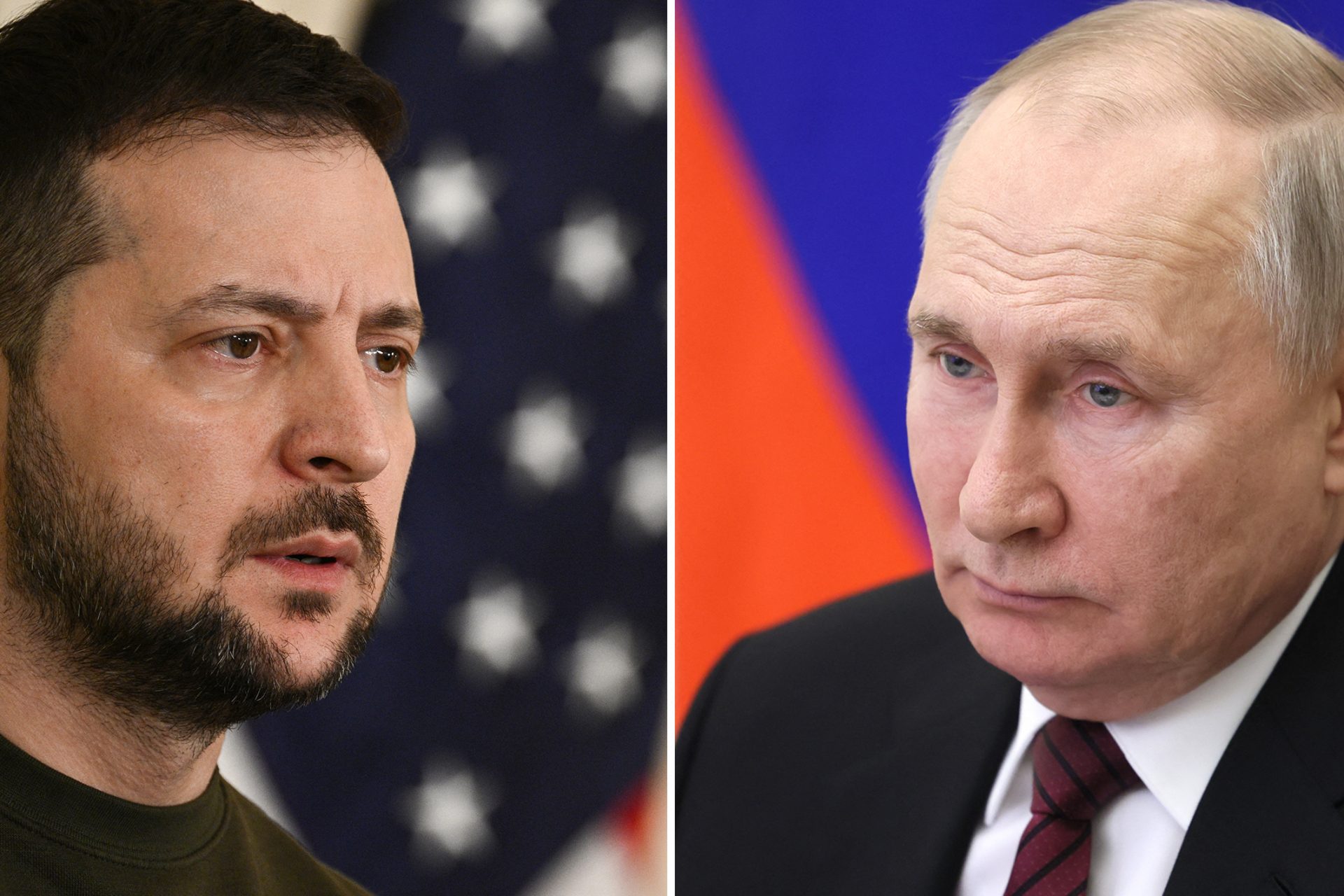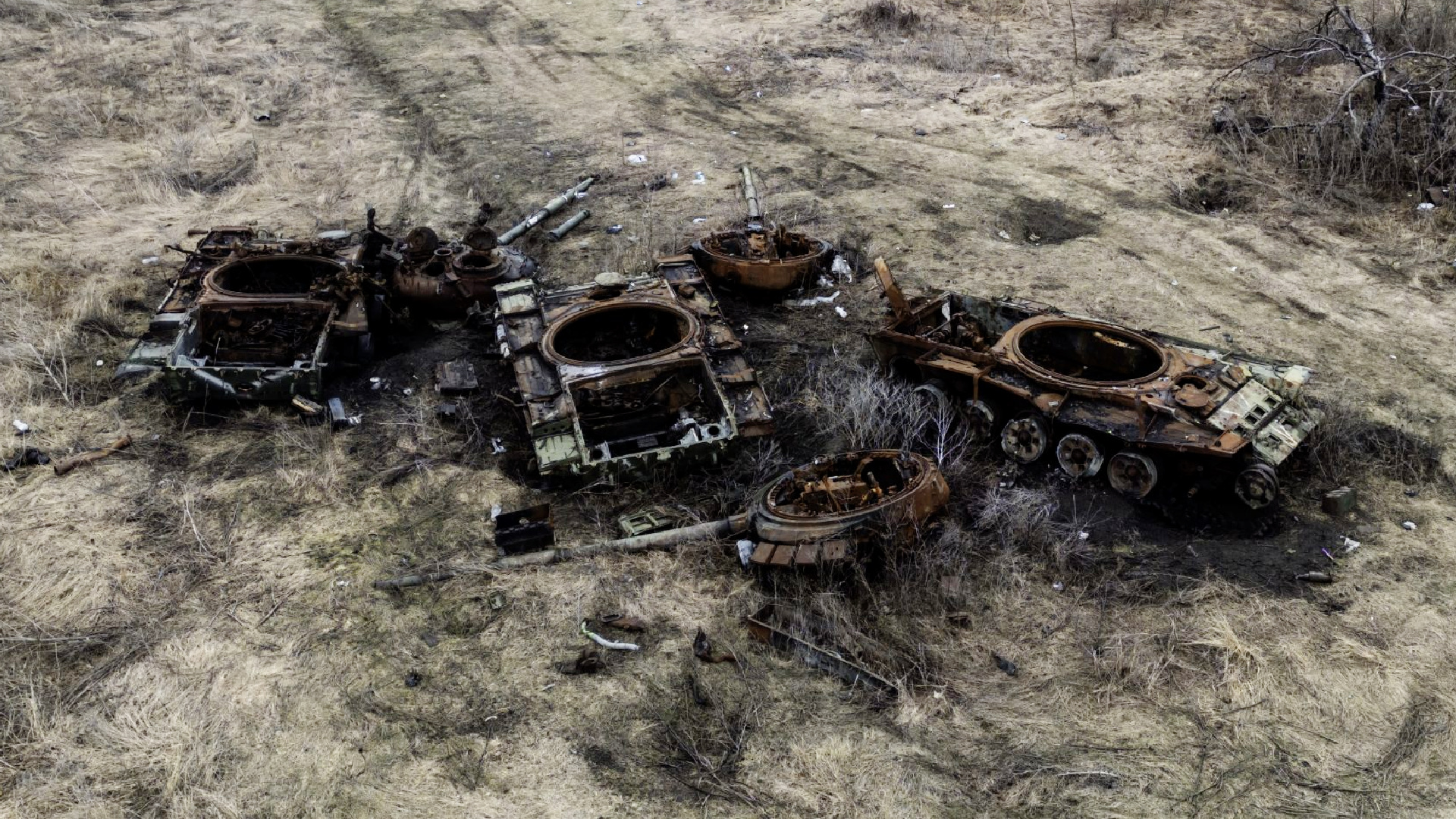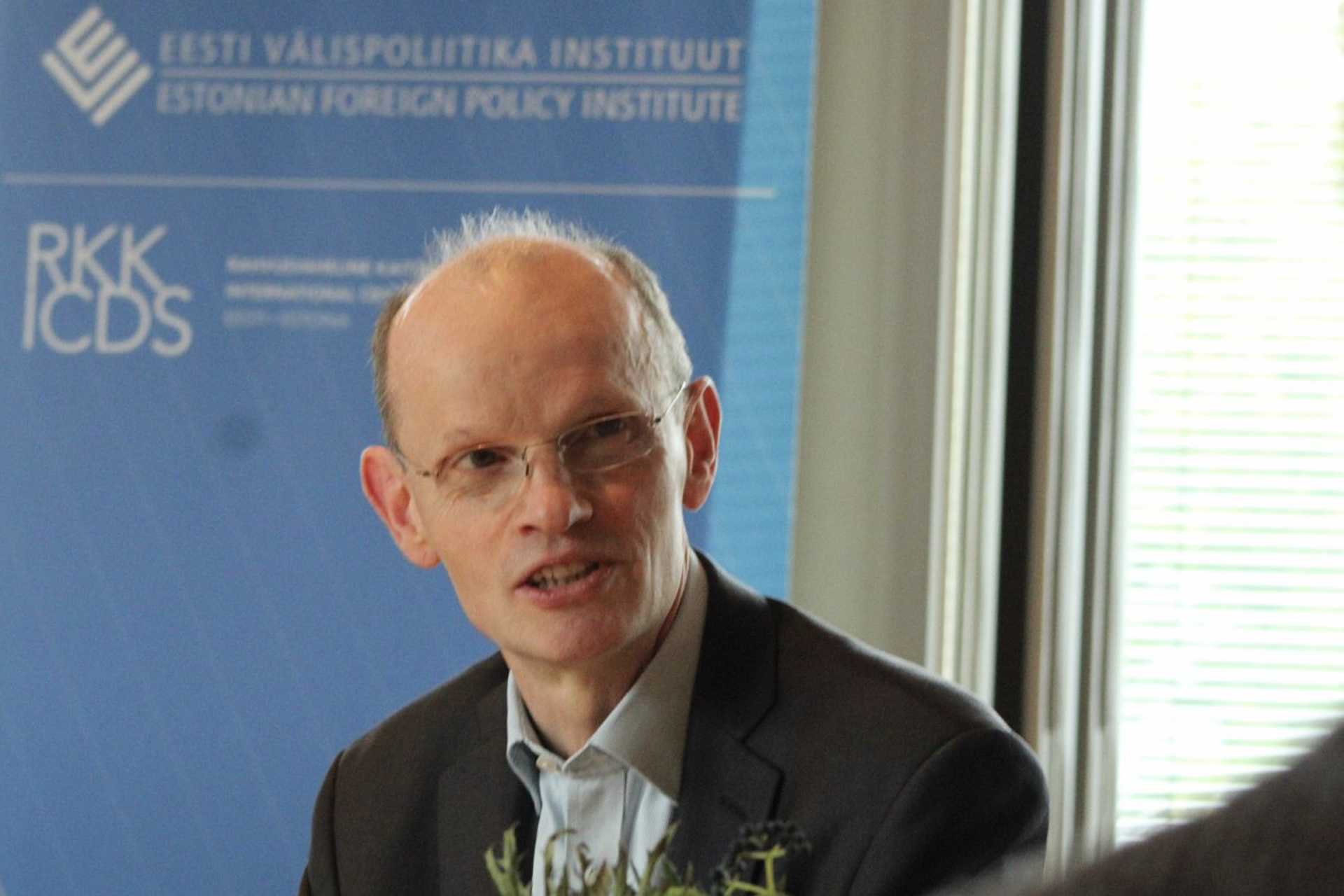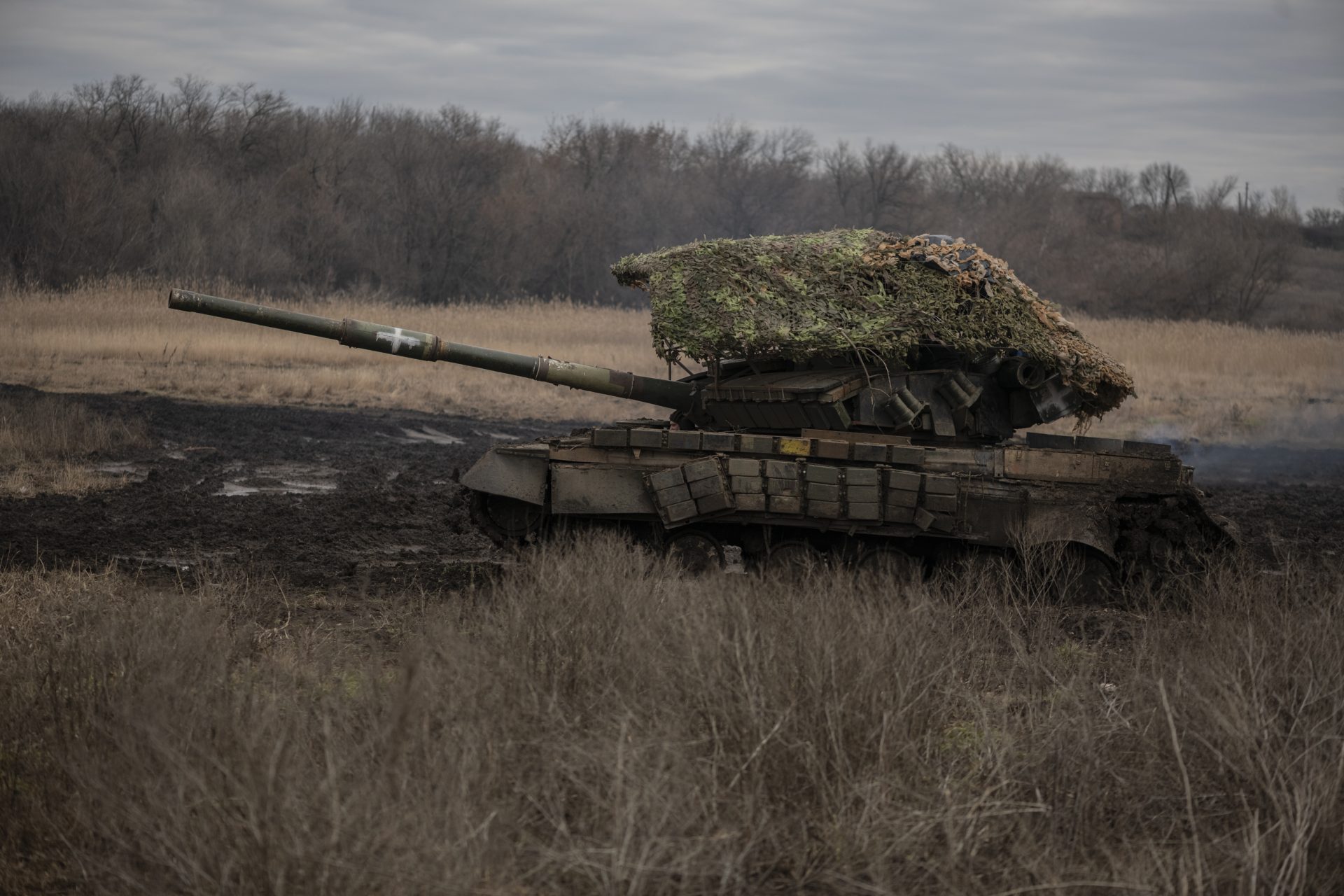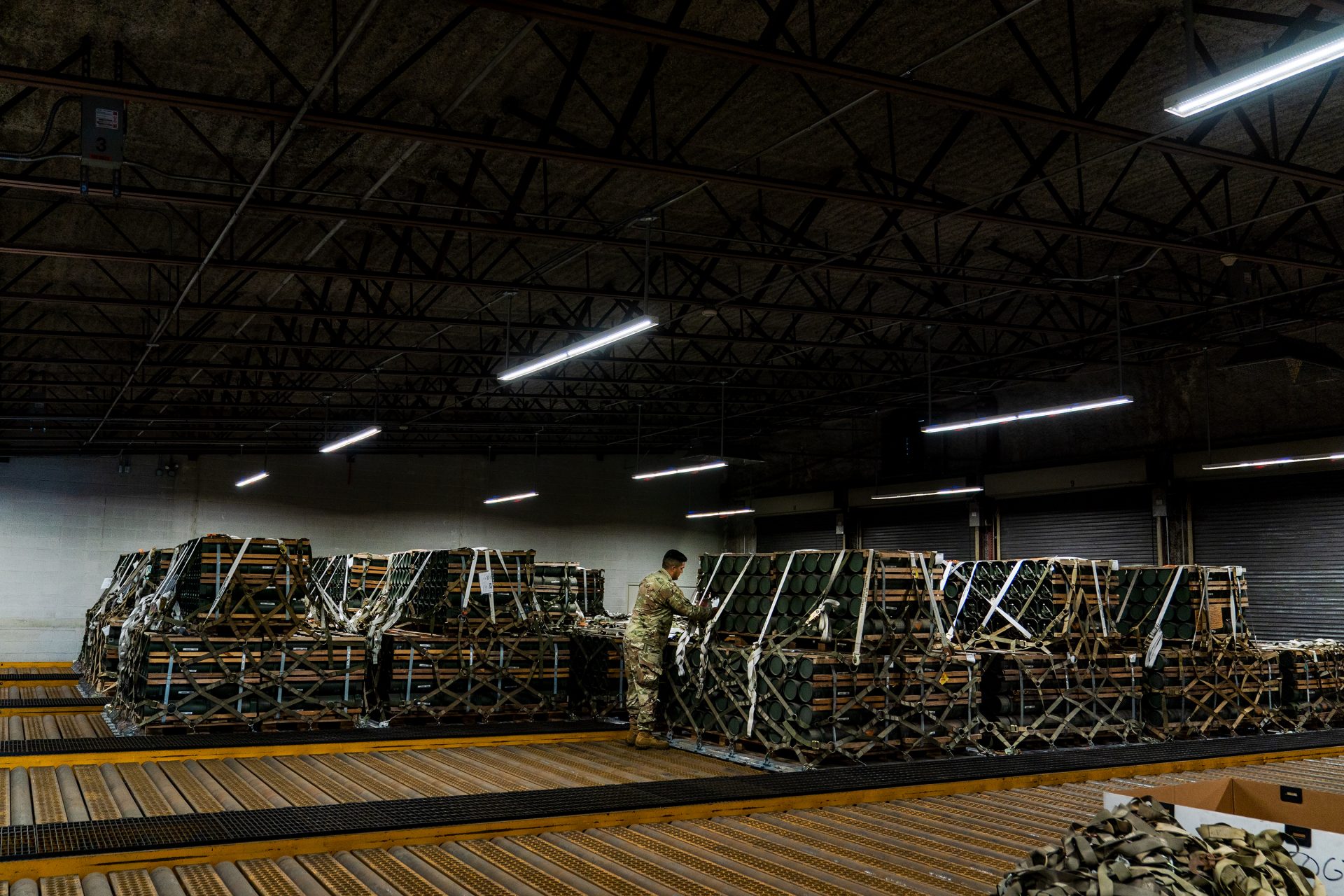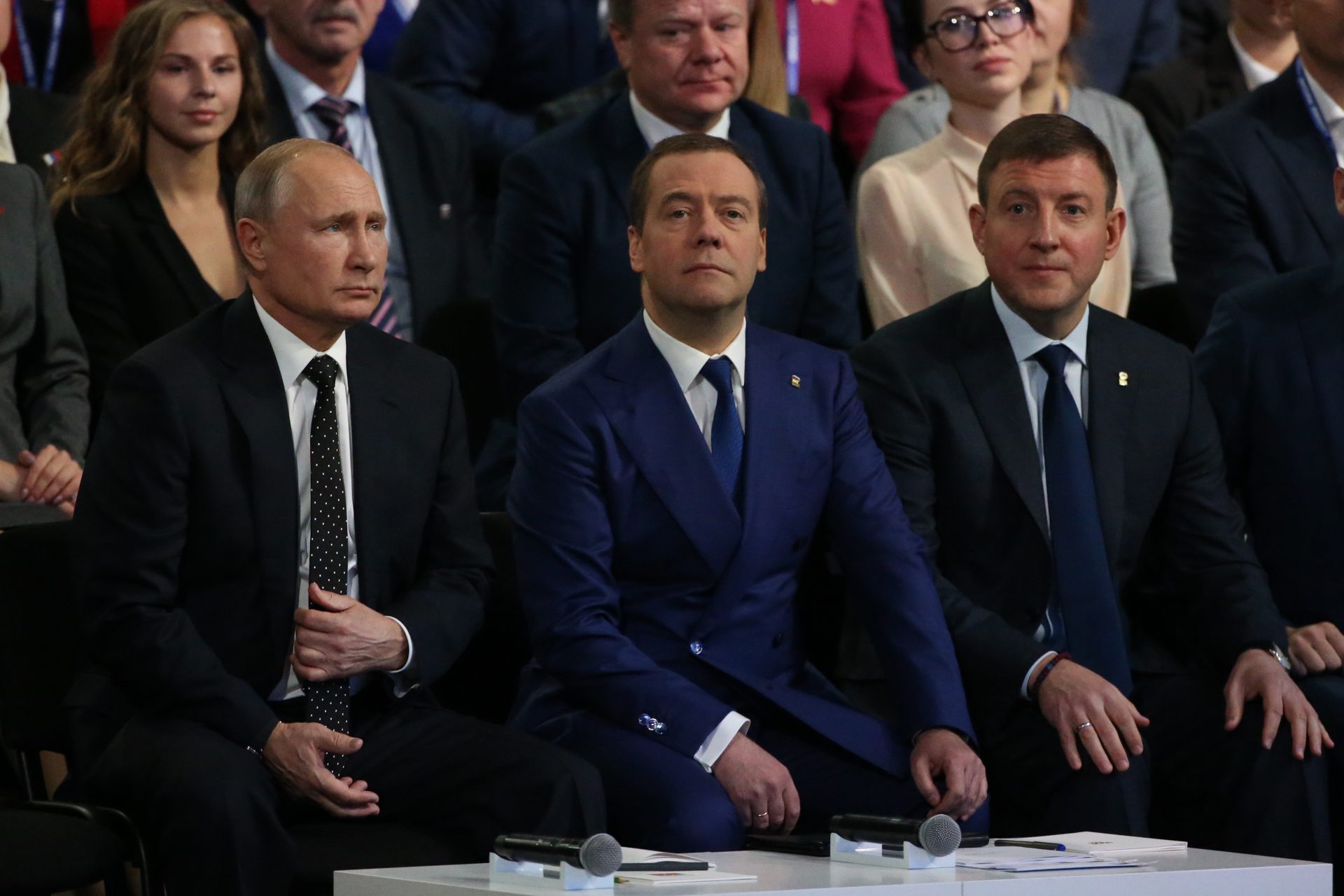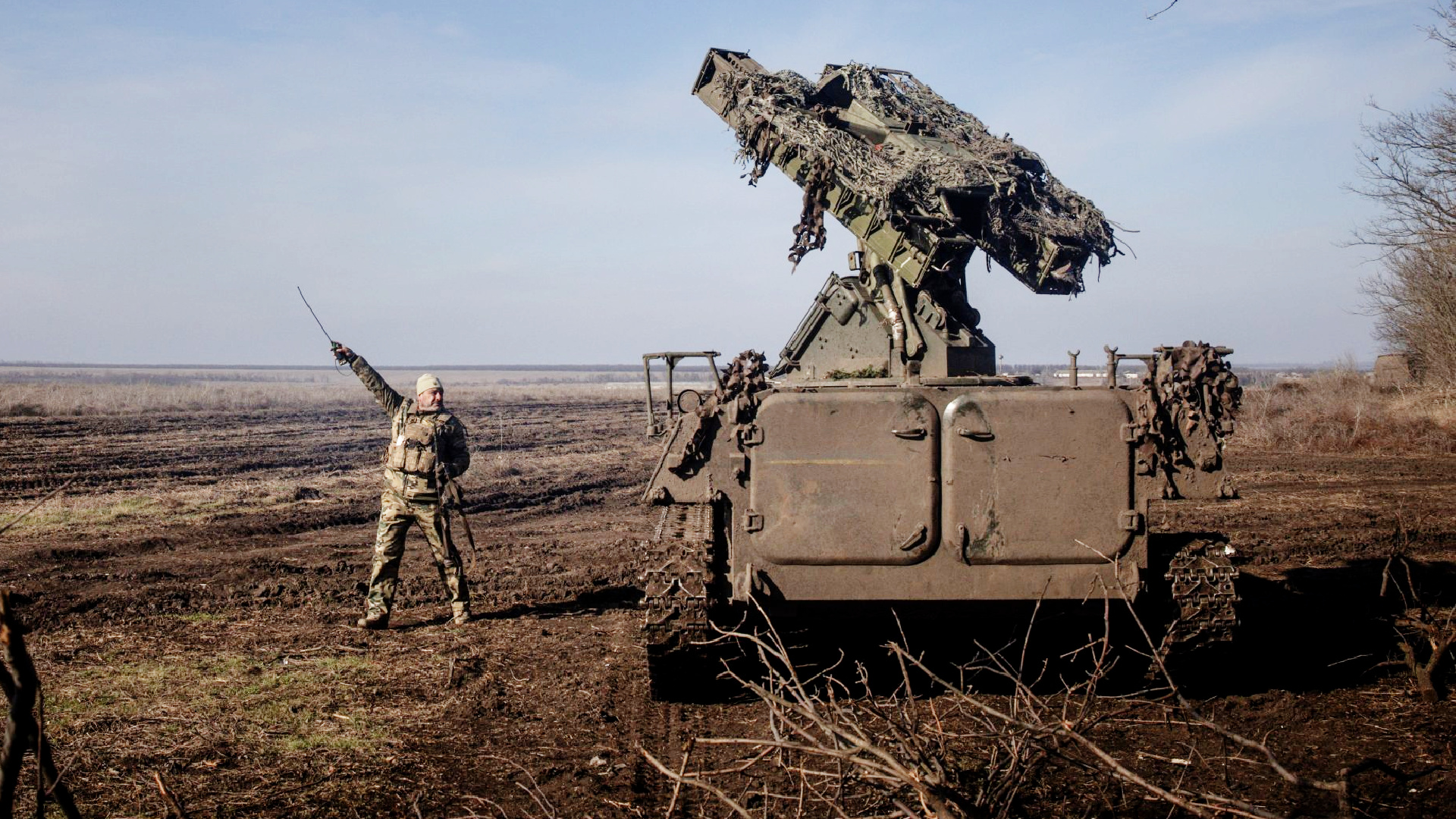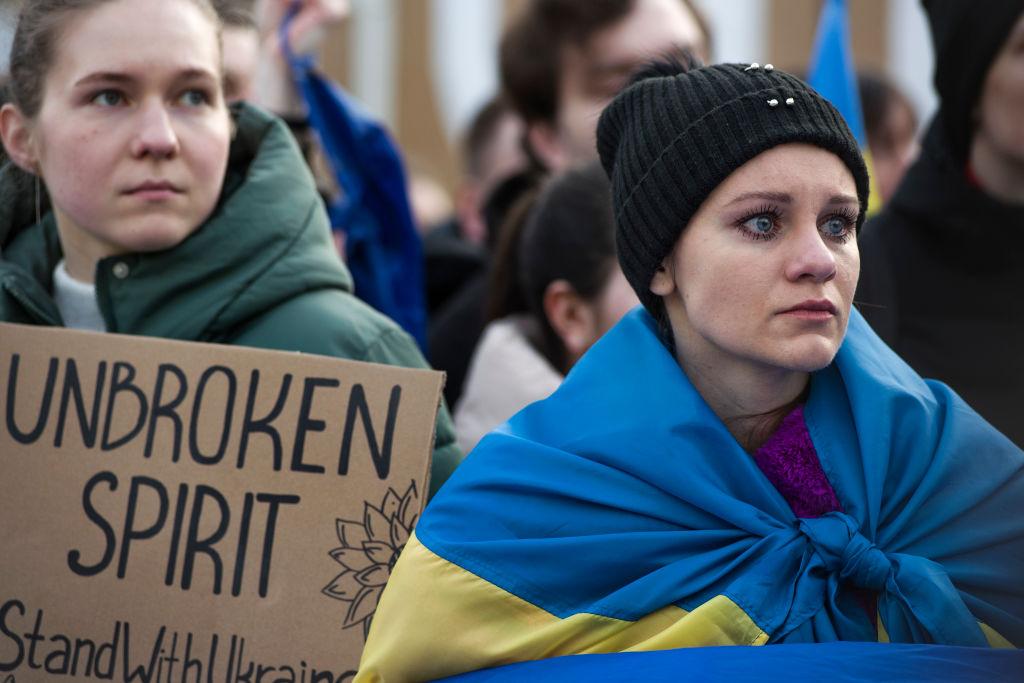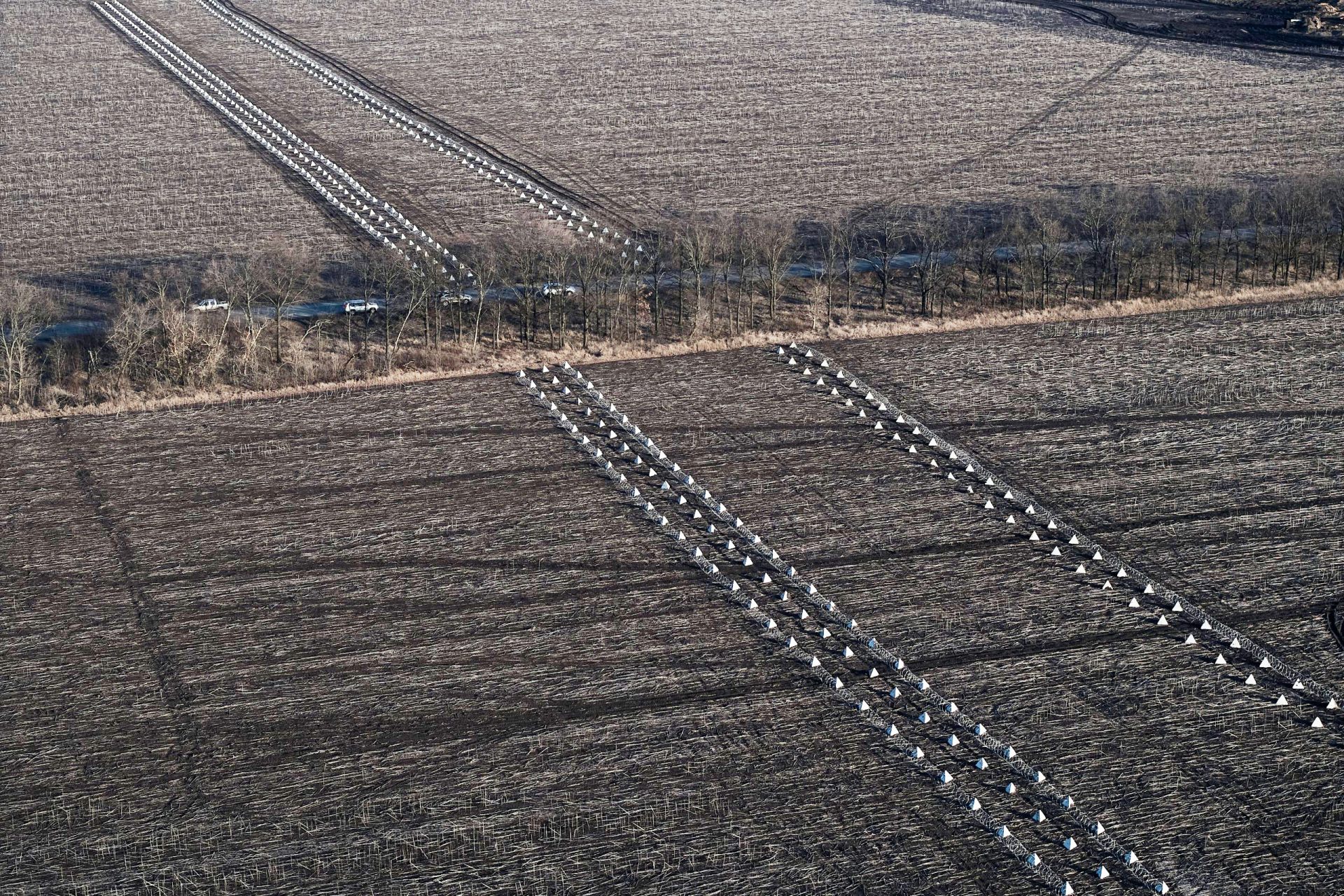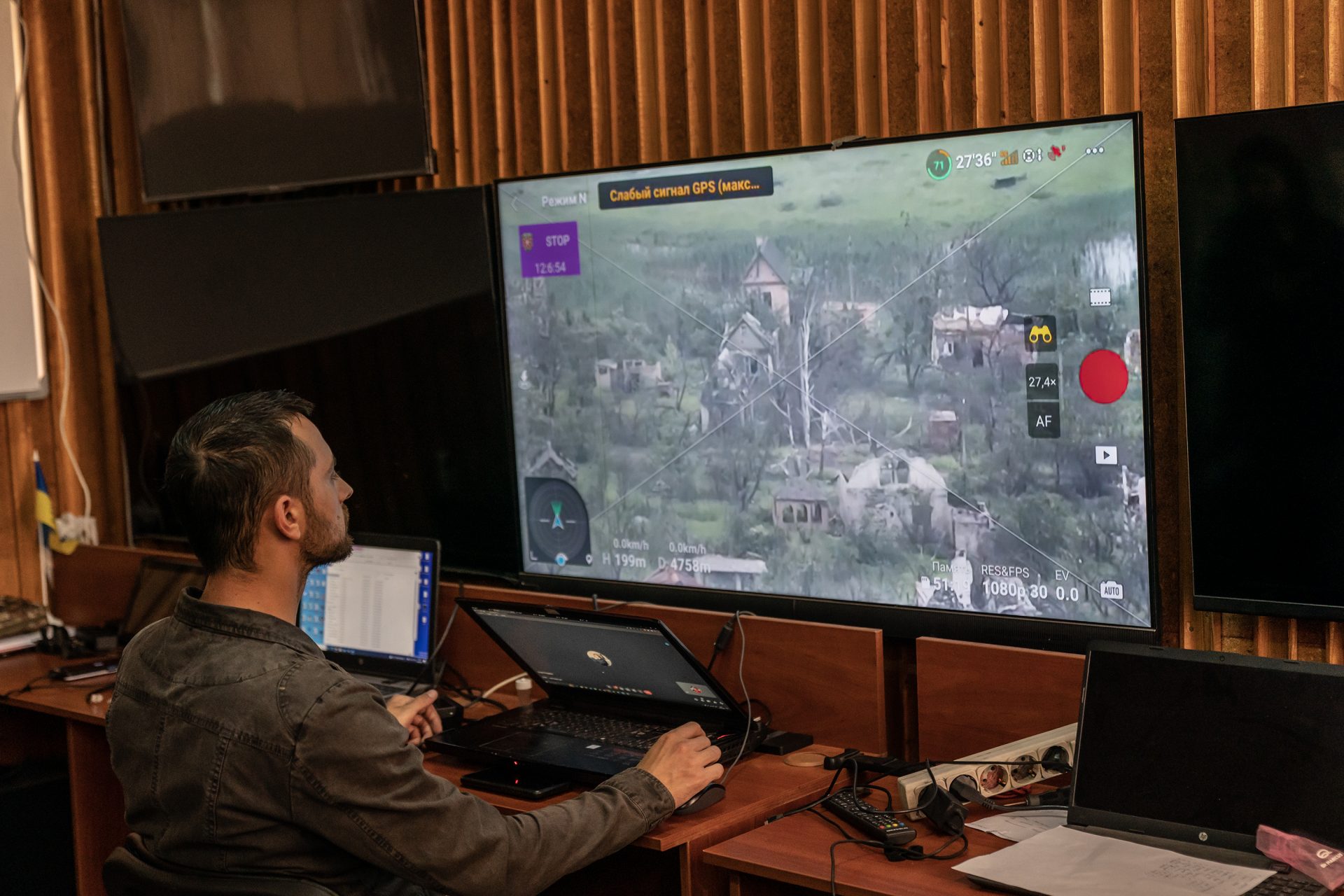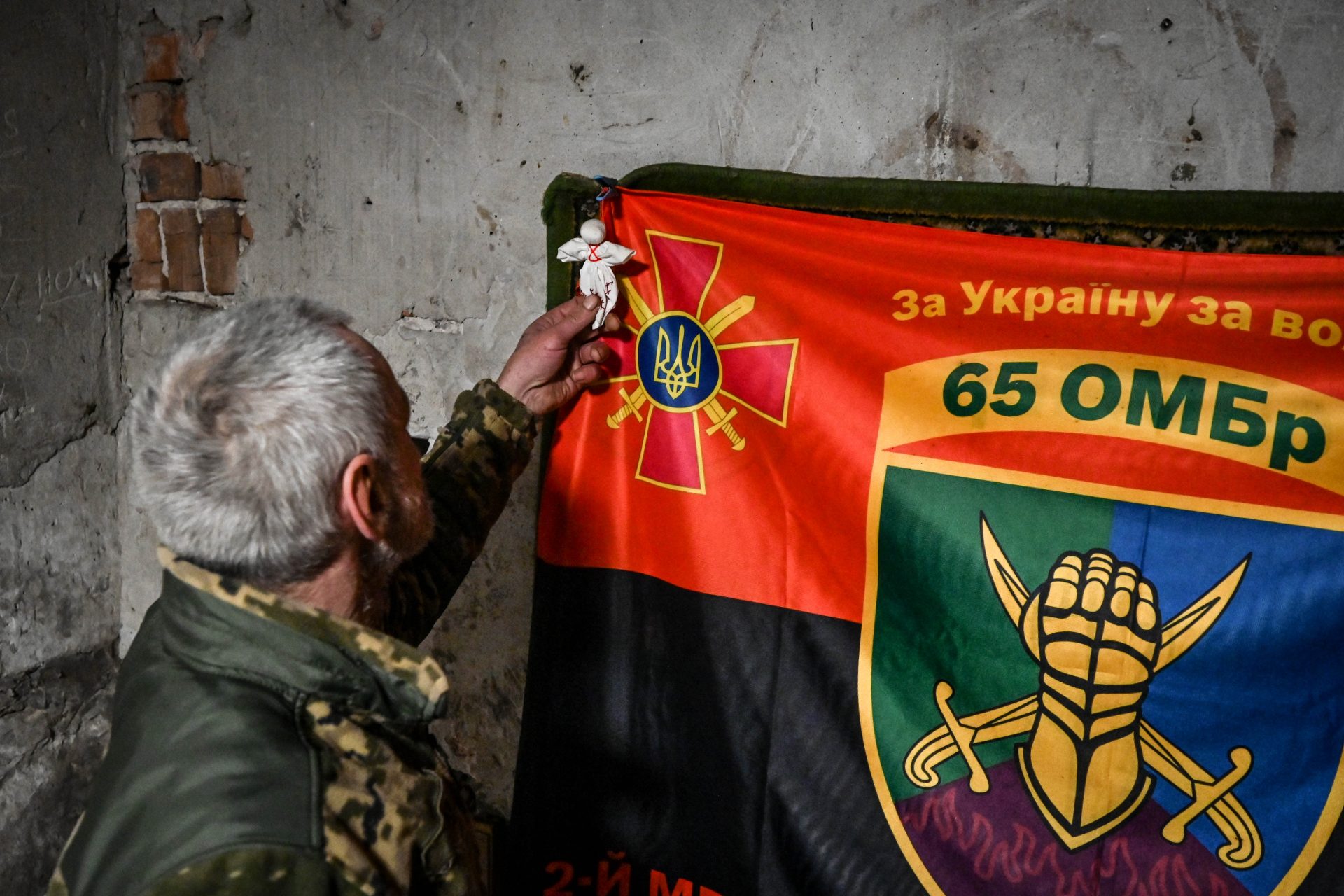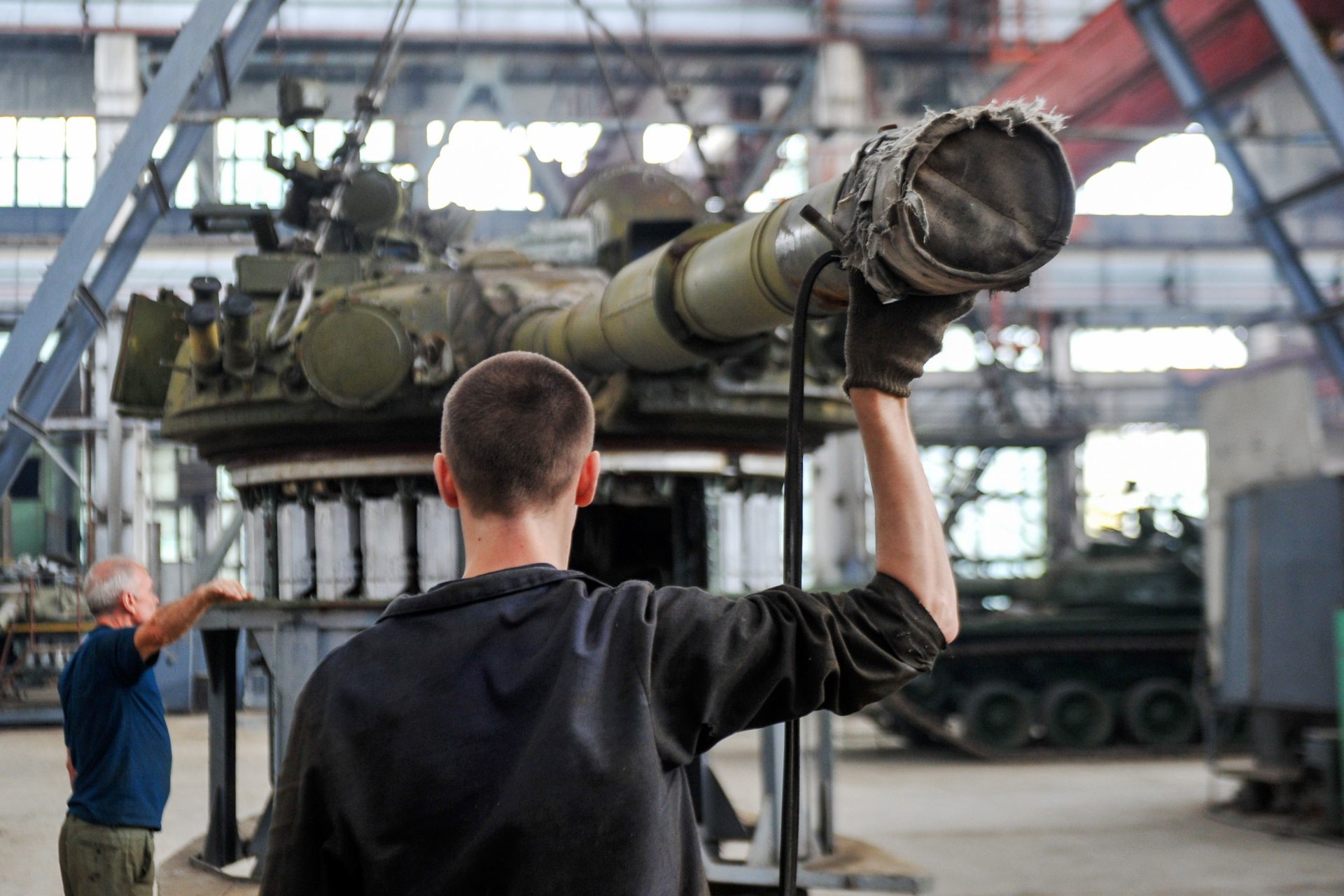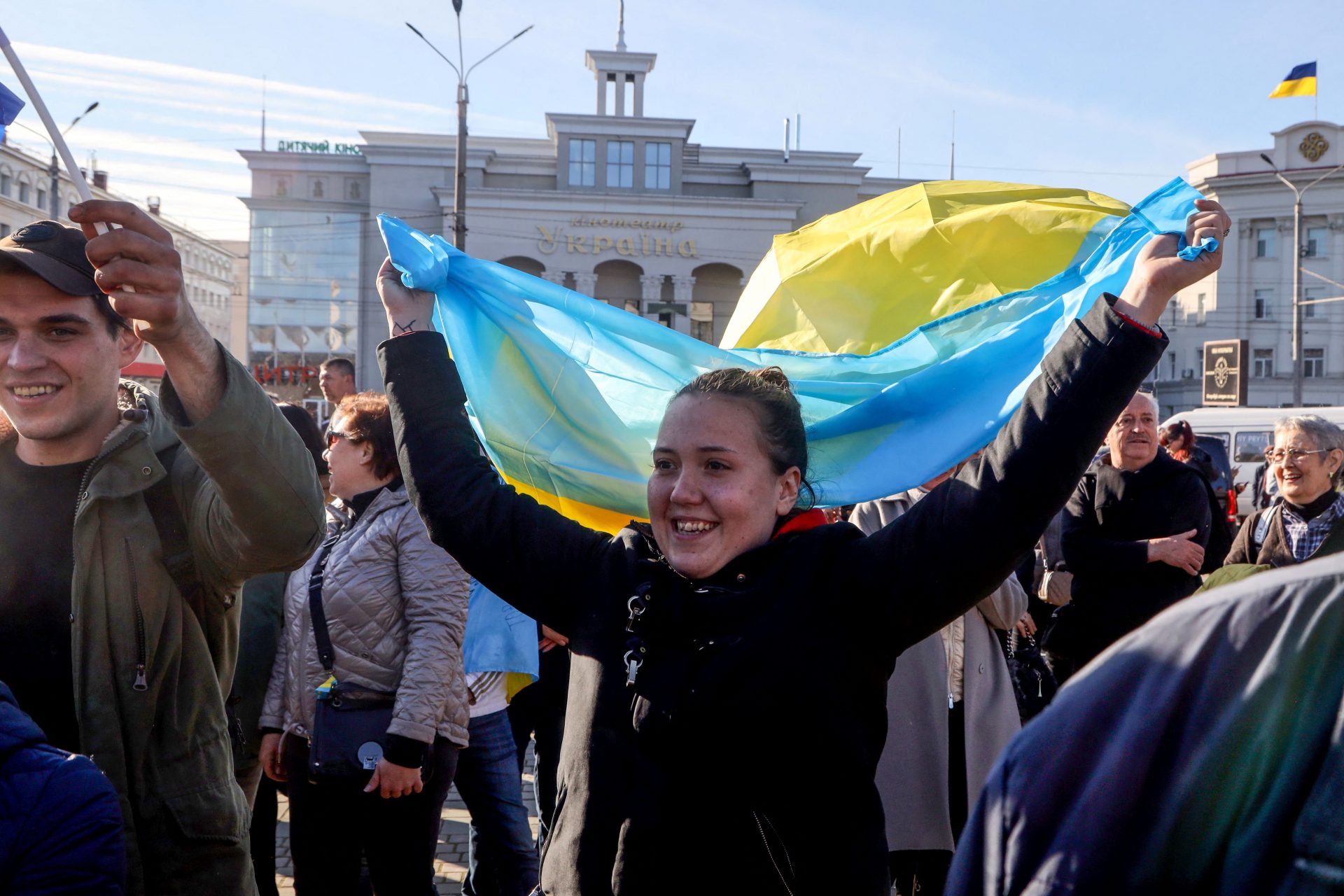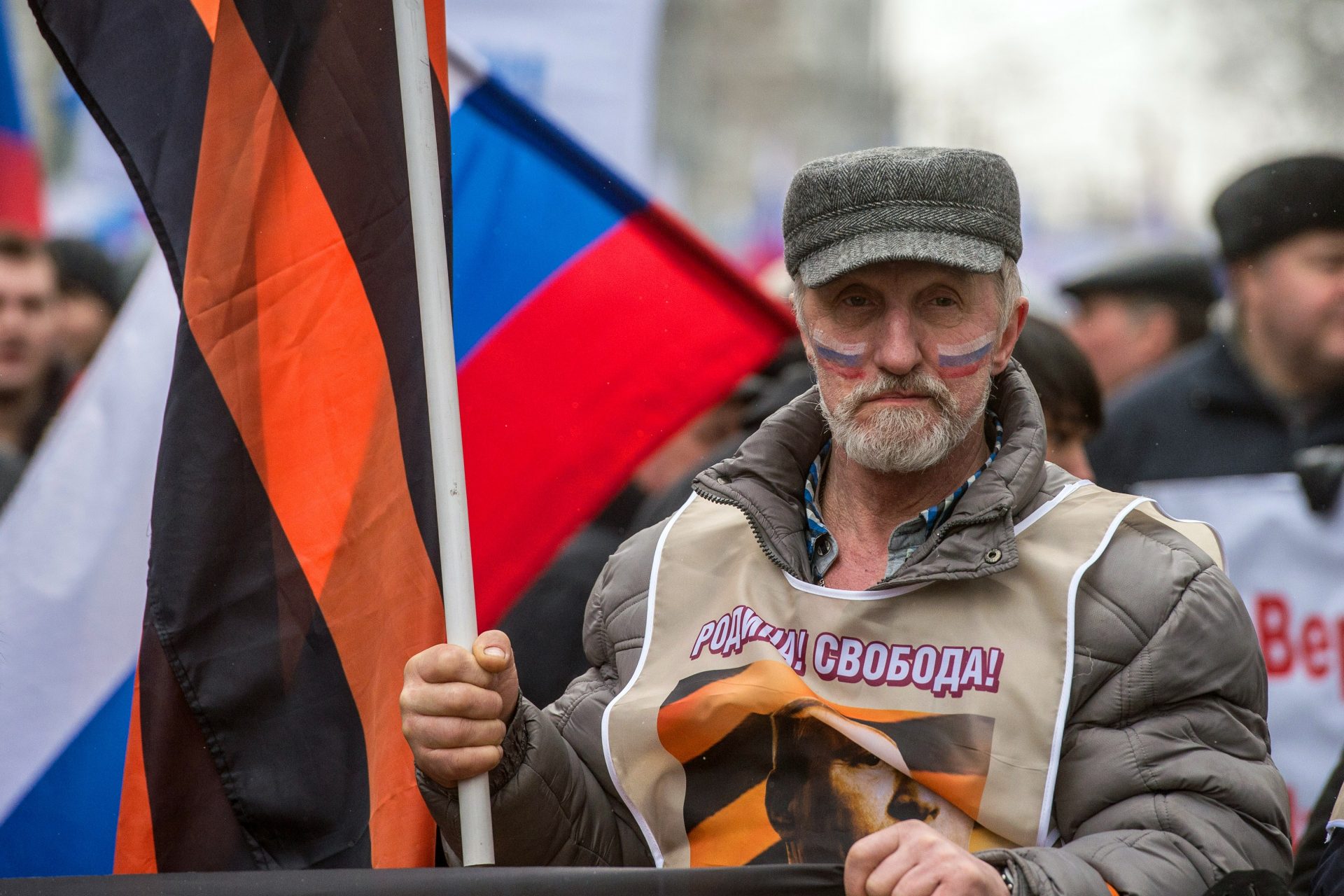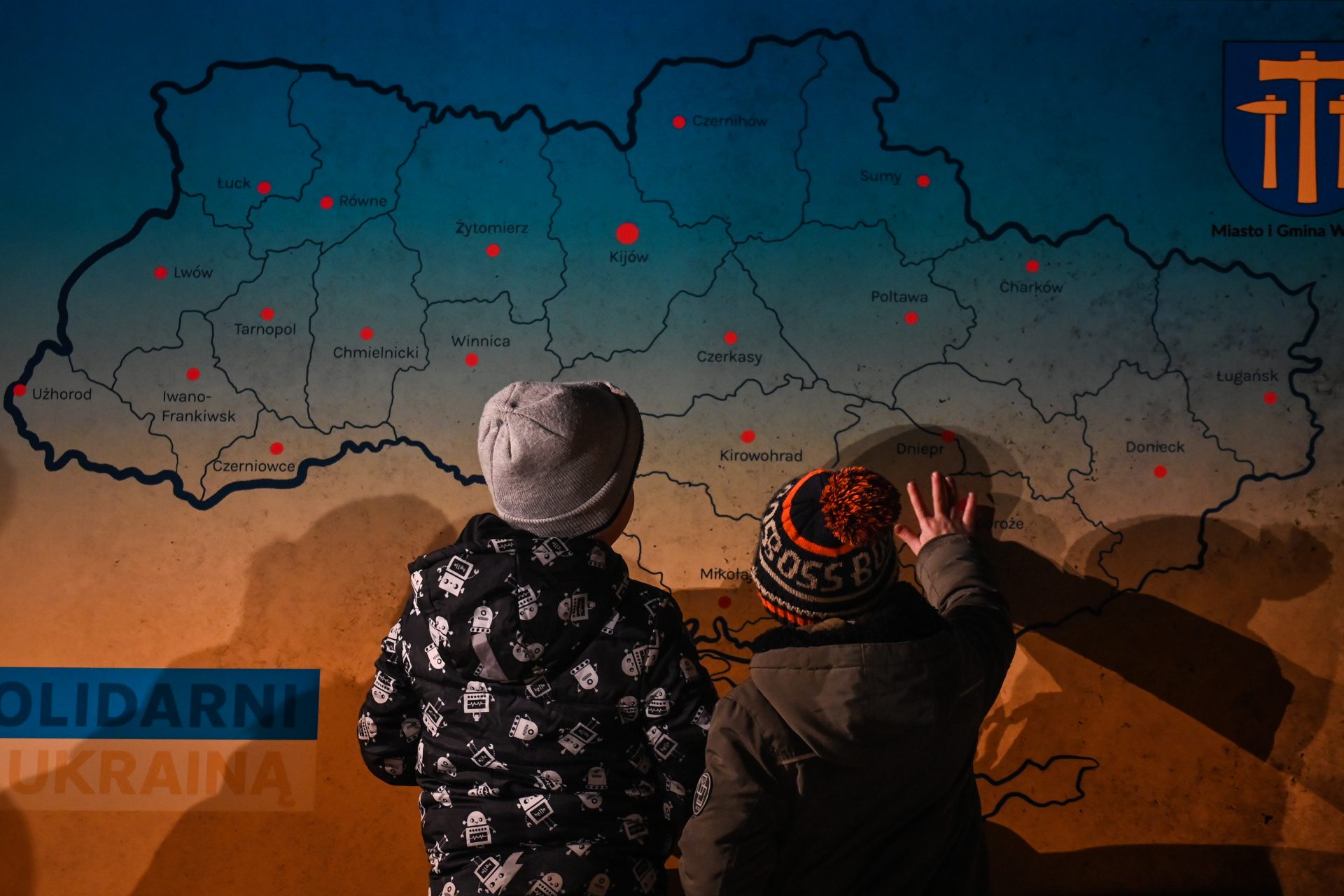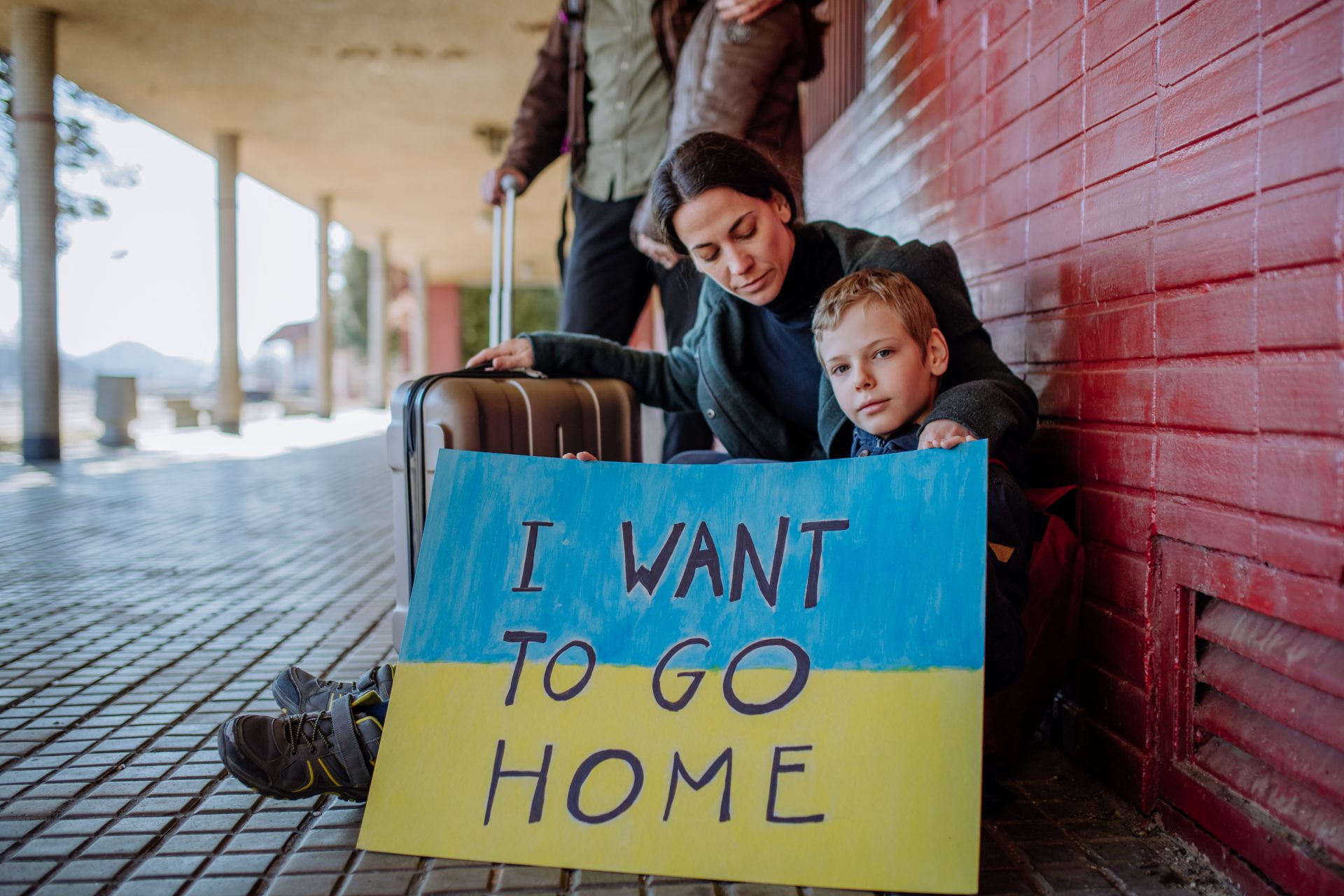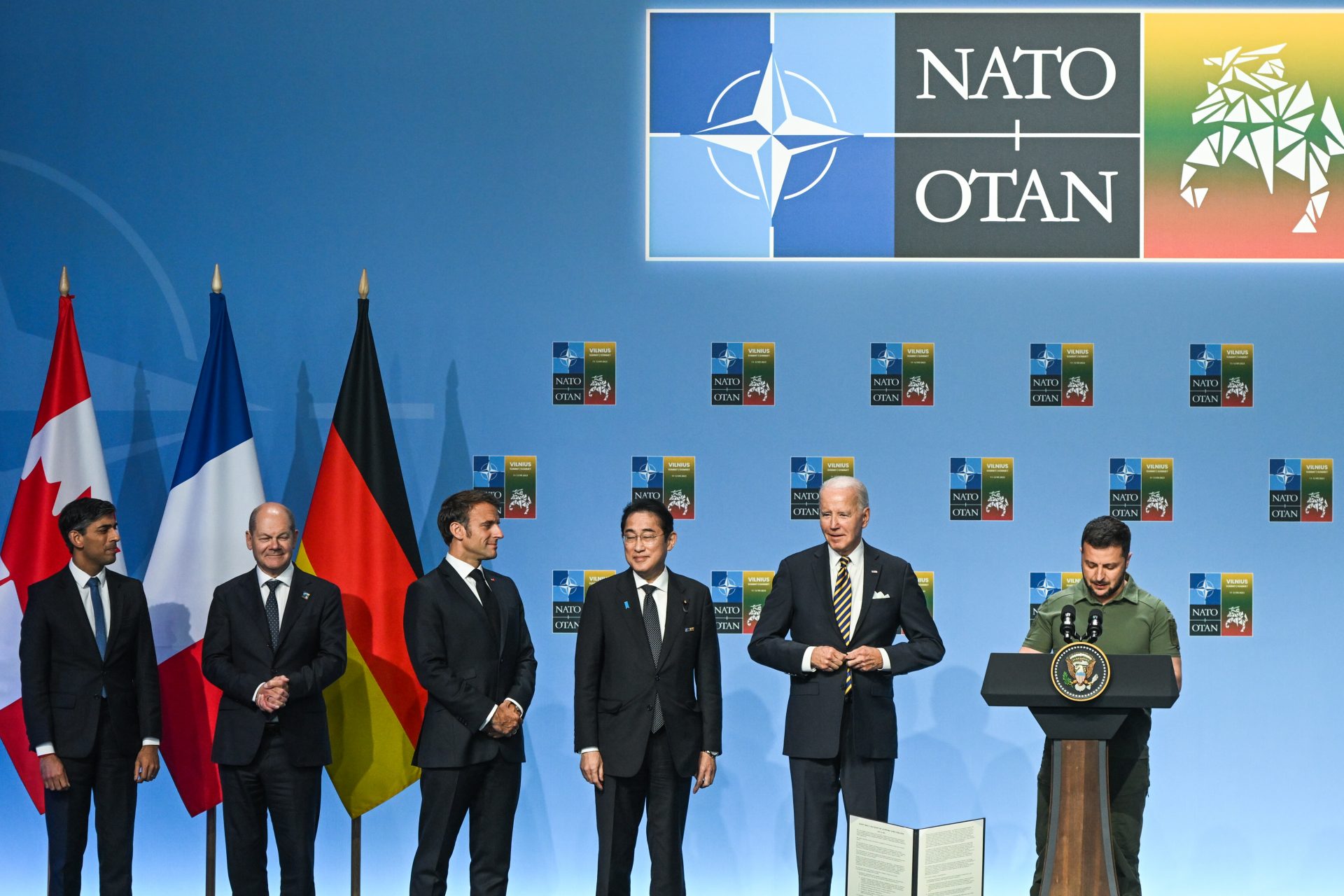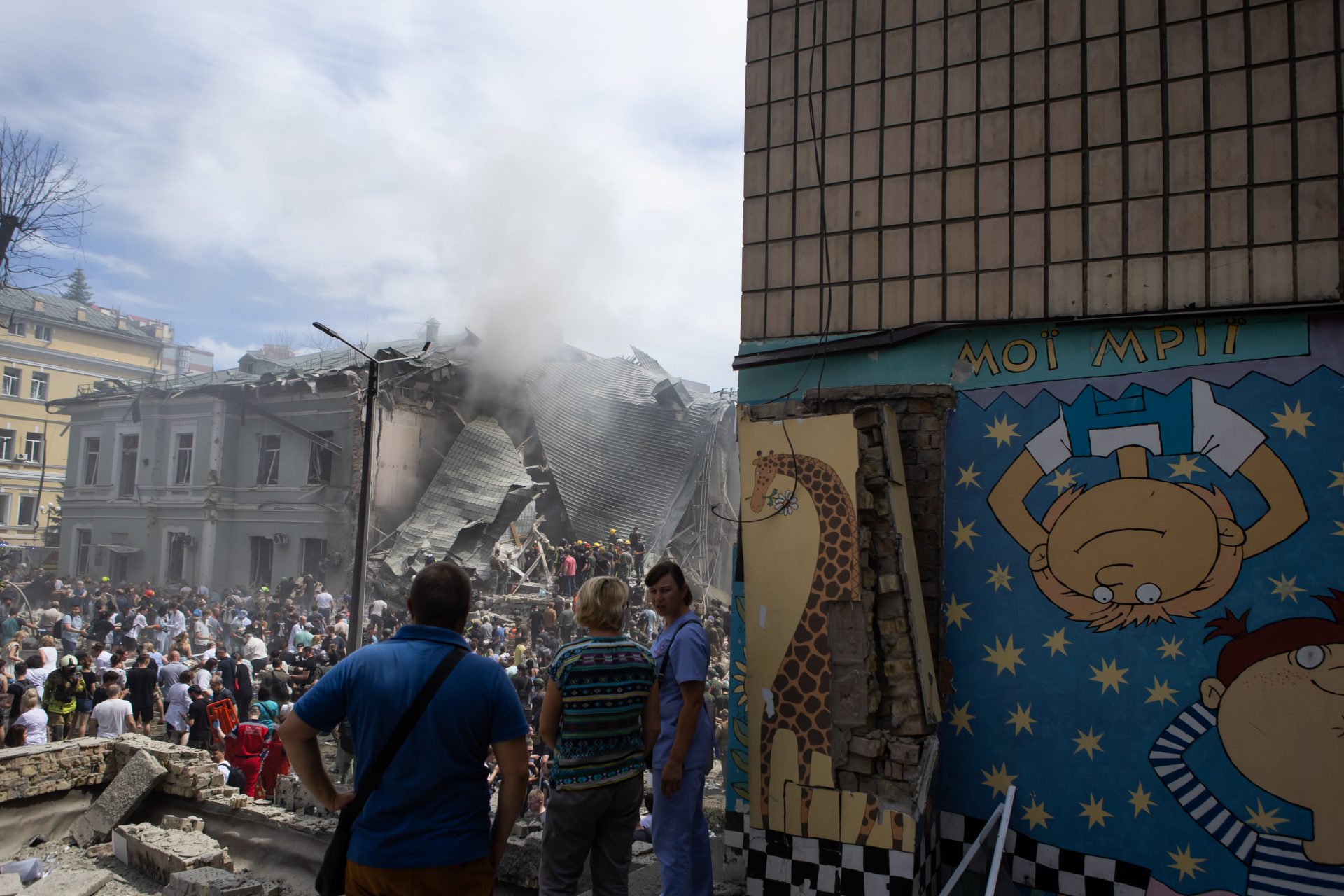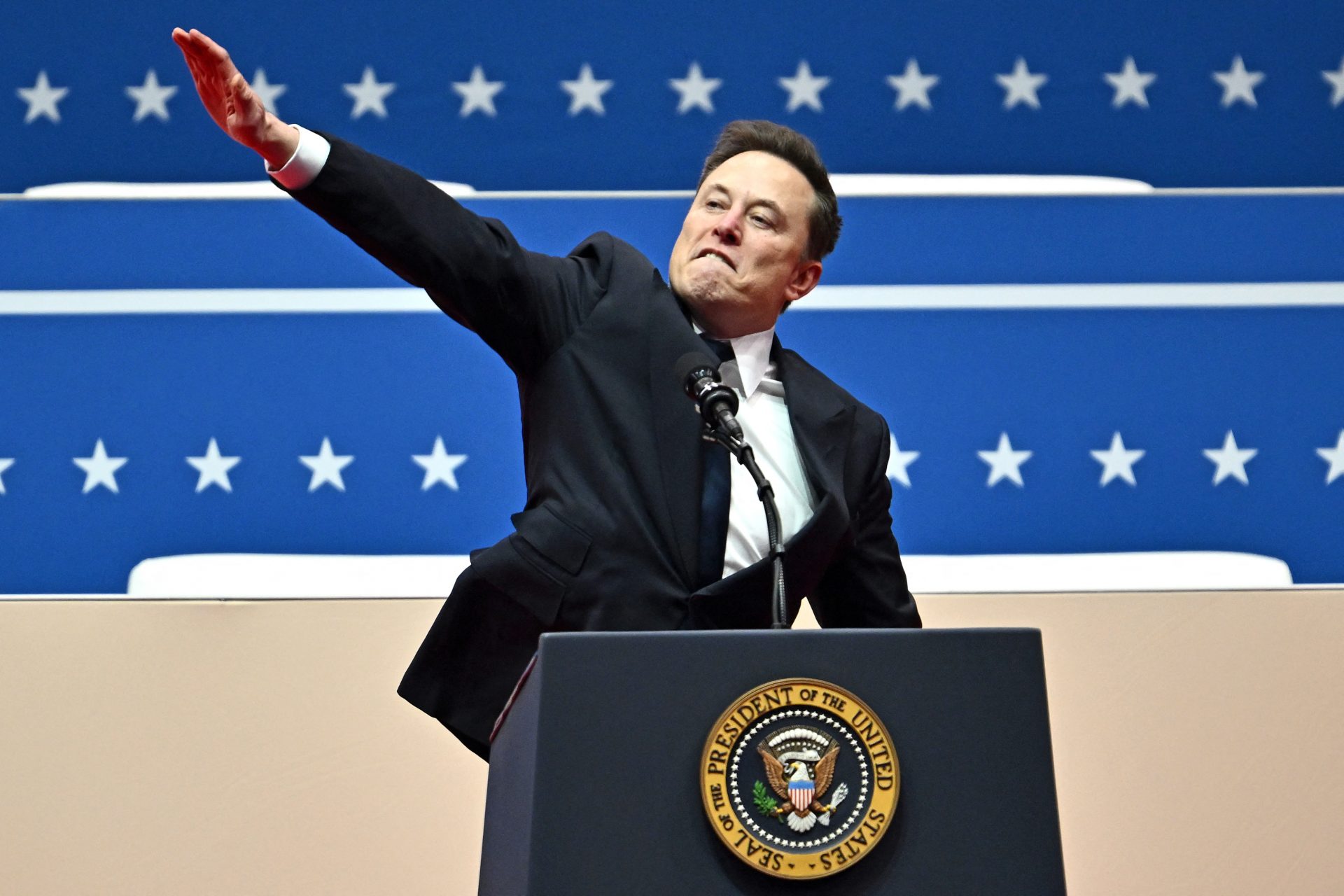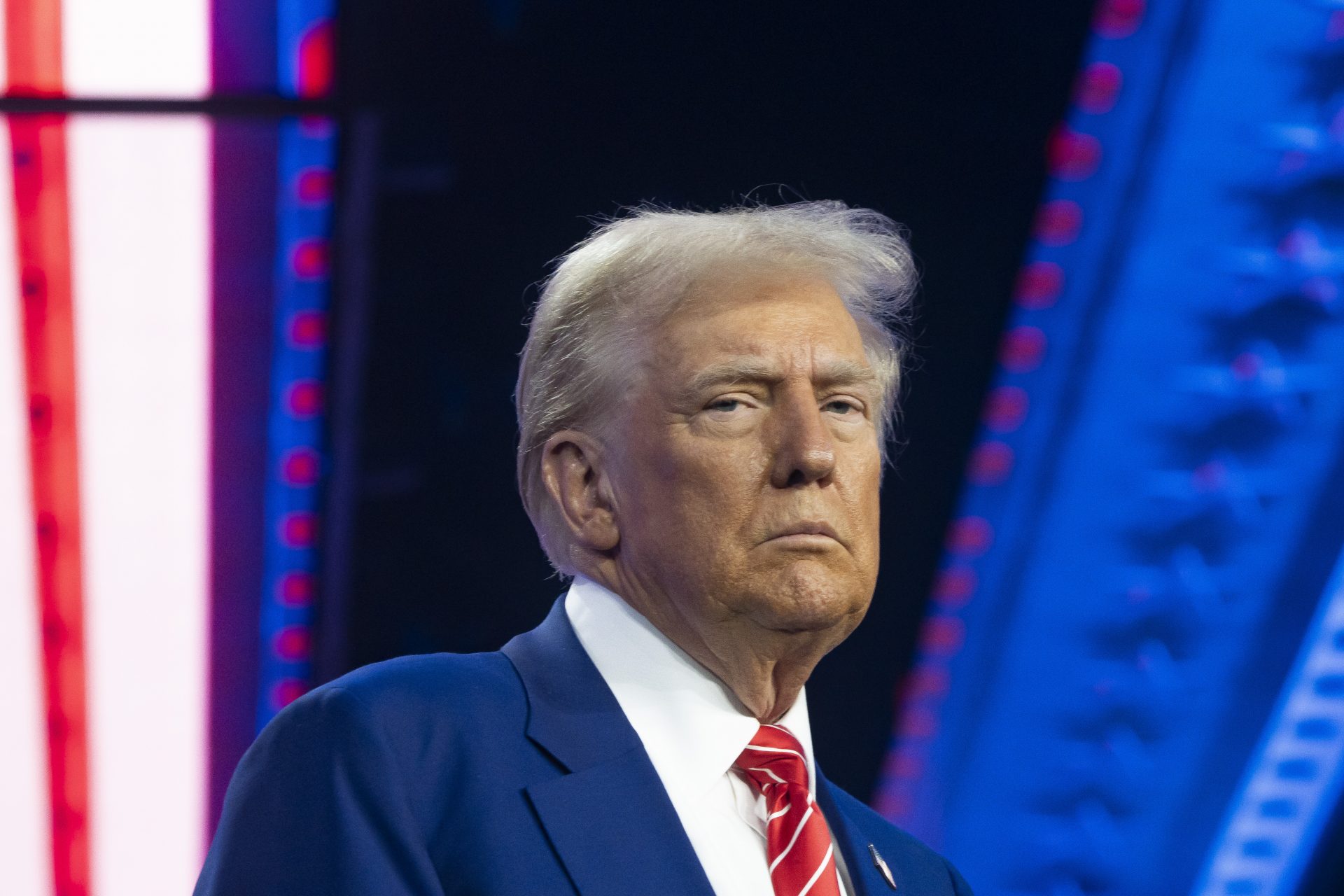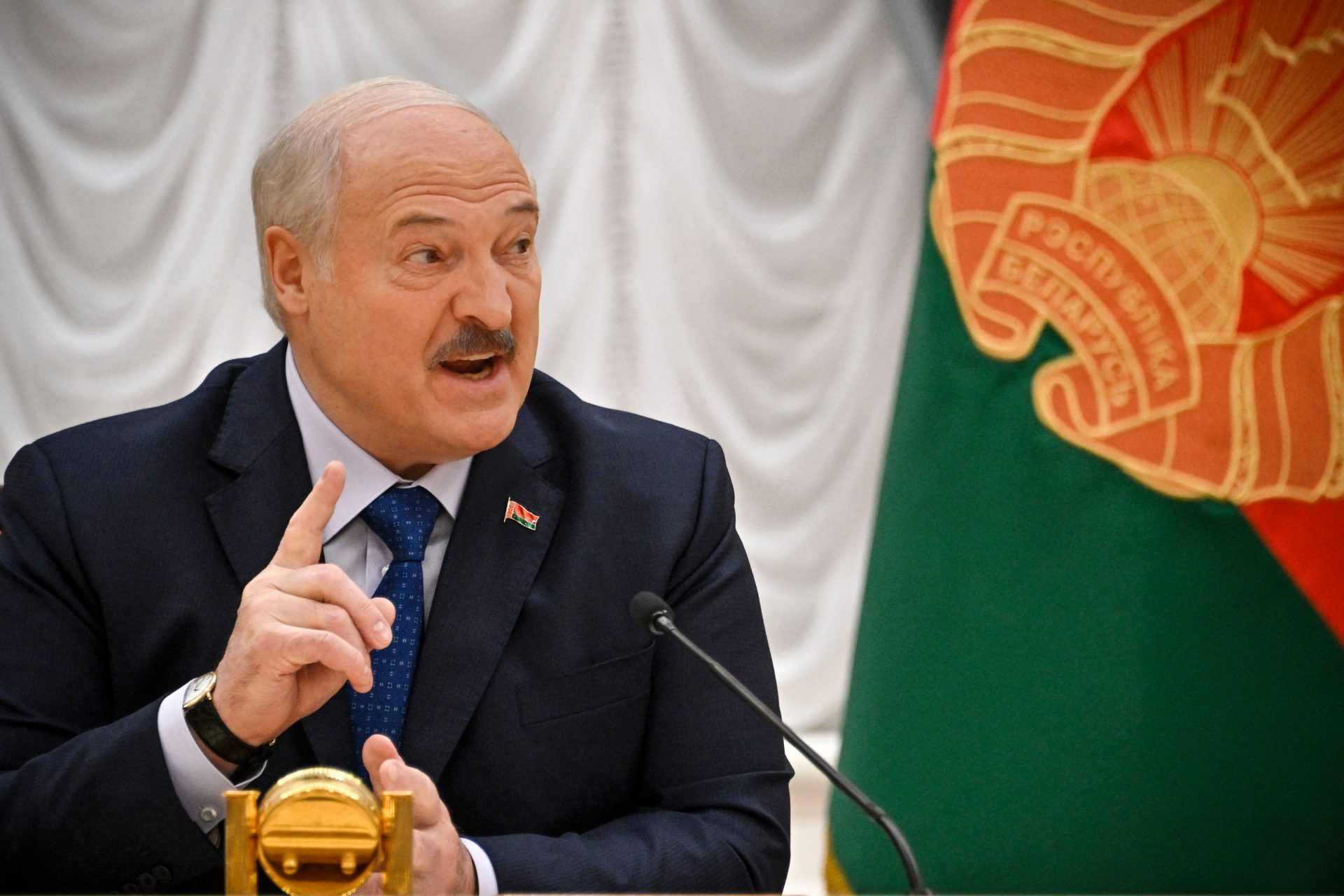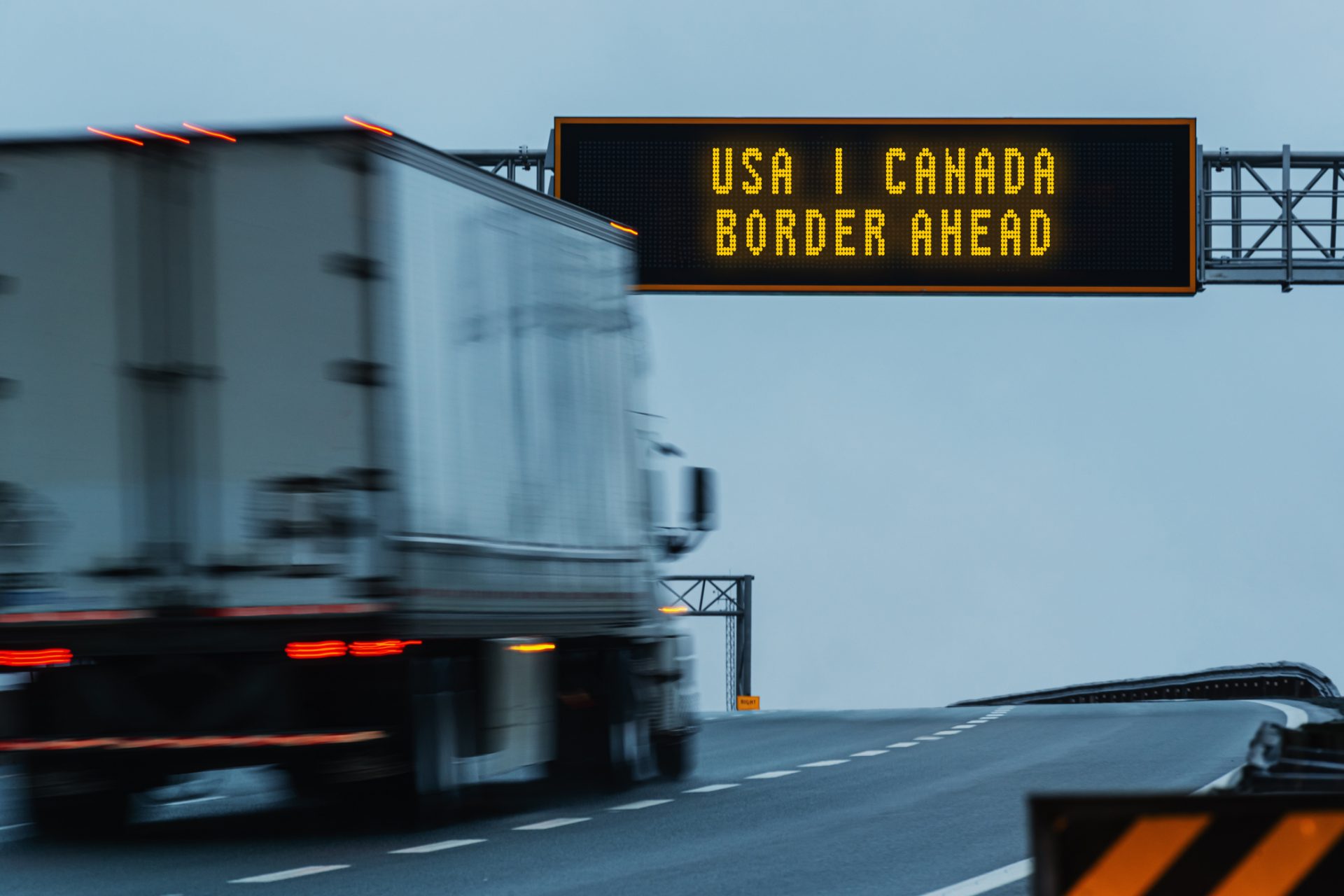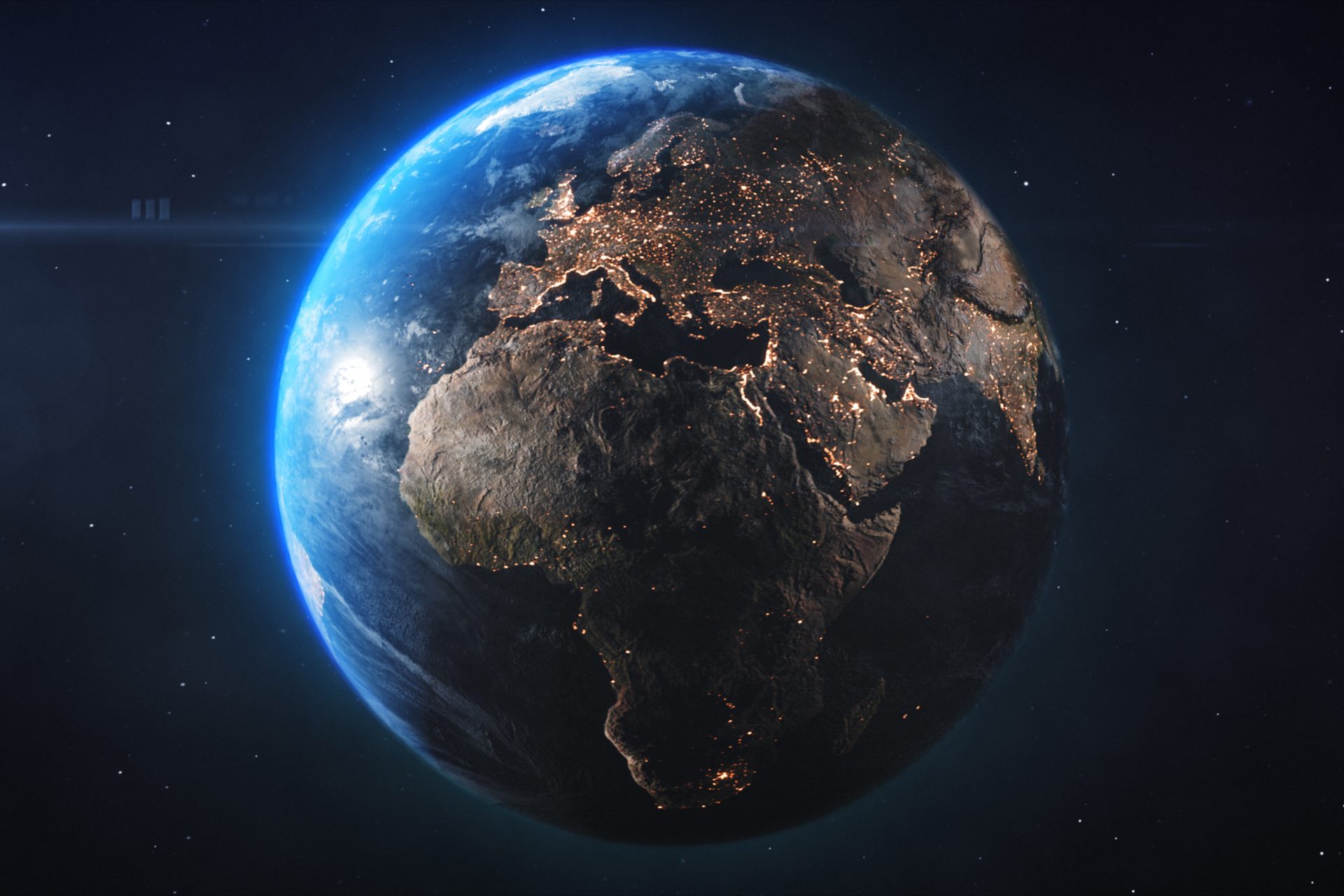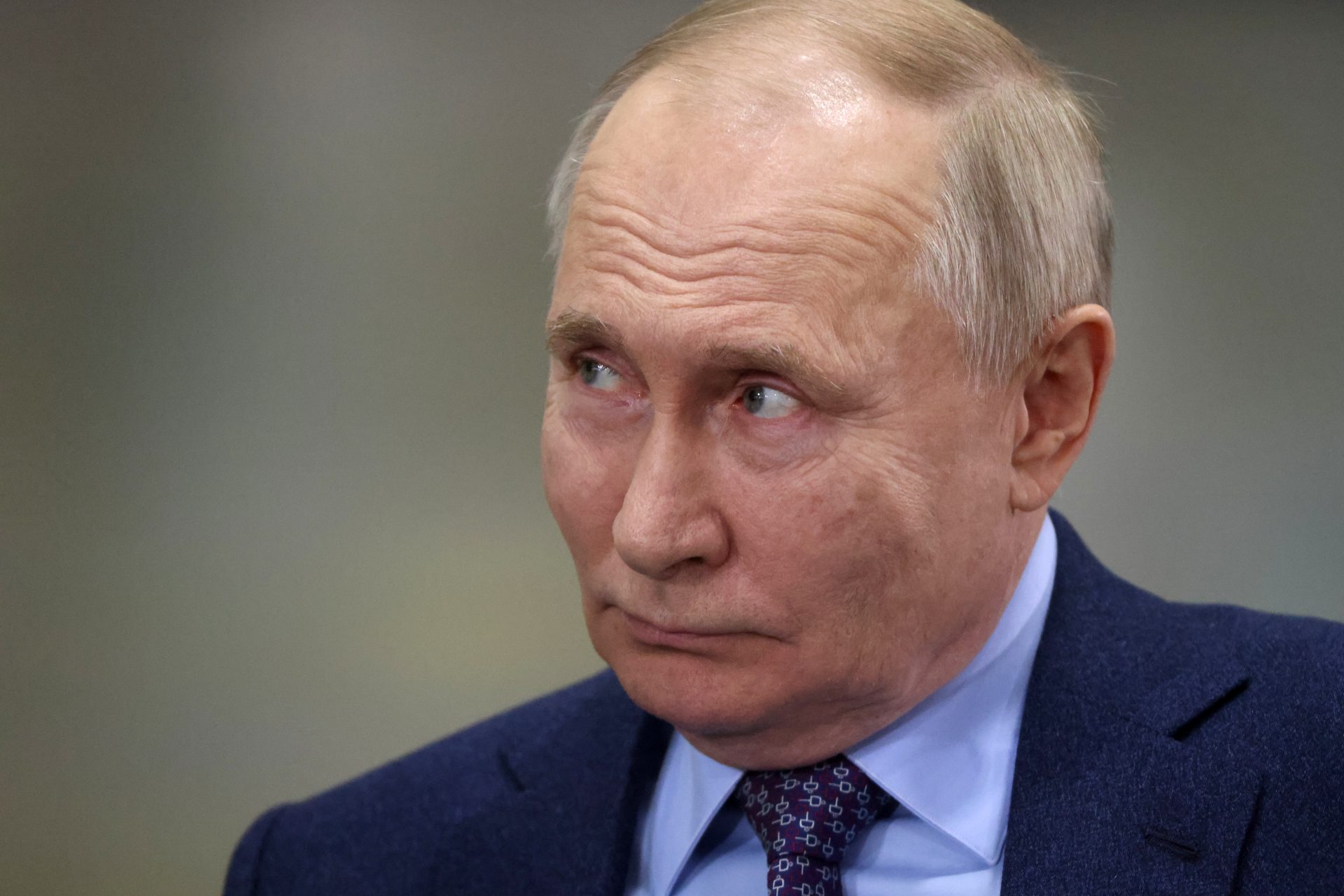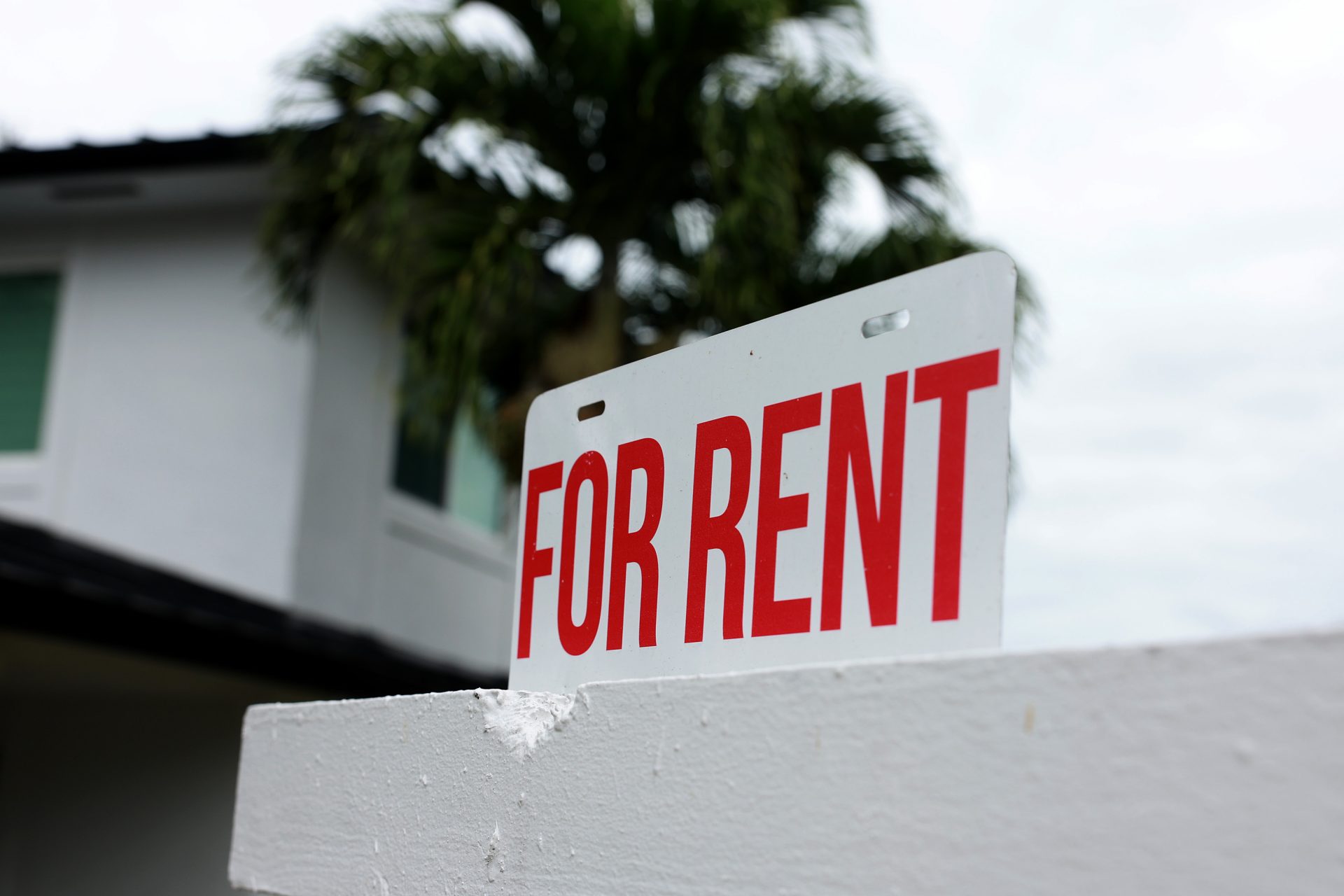Geopolitical expert John Lough reveals four scenarios for how the Ukraine war will end
With leadership in Washington set to change in January 2025, there has been more talk than ever about how the fighting in Ukraine will come to an end. But nothing has been determined just yet.
How the Russian invasion of Ukraine will end is a question that many war analysts have tried to answer. However, one expert believes there are just four possible scenarios that could play out, not all of which are good for Ukraine or its Western allies.
John Lough is the Associate Fellow of London-based international think tank Chatham House’s Russia and Eurasia Programme, and he recently outlined the four likely outcomes of the Ukraine war in a recent article.
Photo Credit: International Center for Defence and Security
Published on the Chatham House website, Lough went into detail explaining the four possible outcomes of the current conflict, all of which he thinks are dependent on three key driving factors that will inevitably determine the war’s outcome.
Among the 3 key factors that will determine the outcome of the war is the willingness of Ukraine’s Western allies to continue supporting Kyiv and provide long-term guarantees of Ukraine's future security.
The outcome of the conflict is also dependent on Ukraine's ability to maintain popular support for fighting the war at home while mobilizing sufficient forces and the absence of elite opposition to the war in Russian society.
If Ukraine’s Western allies continue supporting Kyiv, and Ukraine can maintain high levels of troop mobilization while Russian elites don’t push back against the conflict in Moscow, then it could lead to a long war scenario.
A long war would see Ukraine continuing to fight against Russia with limited resources and could result in a tapering off of the most intense fighting over a long period of time. But it would also lead to far more damage to society.
“Long war would condemn Ukraine to further destruction of its economic, human, and social capital, further limit possibilities for economic growth, and slow down the reforms needed for EU accession,” Lough explained.
A long war scenario could result in a situation where societal exhaustion could lead to a rift between civilian and military authorities over Ukraine’s limited resources, which in turn could “create a dangerous political cocktail” and lead to anarchy or civil war.
A breakdown of Ukrainian society is also possible under the second likely outcome of the war: a frozen conflict. The acceptance of a ceasefire could lead to defeatism in the army, which could demoralize Ukraine and lead to accusations of Western betrayal.
“The ‘frozen conflict’ scenario would undoubtedly raise serious questions in Ukrainian society about Western allies’ commitment to continue supporting Ukraine, and the sincerity of the EU’s invitation to Ukraine to join the organization,” Lough explained.
“Perceptions of defeat would also bring a widespread sense of disillusionment with the country’s prospects and provoke further emigration… It would be hard to imagine that Putin would not use a pause in the fighting to try to rebuild the Russian Army” Lough added.
Ukrainian defense spending would rise under this scenario and the conflict’s resumption would likely lead to disagreements with Ukraine’s Western partners and fears Kyiv might “inadvertently provoke further conflict with Russia.”
The other two possible outcomes are far easier to understand. Ukraine could win an outright victory, which would likely increase the possibility of getting long-term security guarantees from Kyiv’s allies and could solidify Ukraine’s transition toward the West.
Victory for Ukraine is the best outcome possible, but it also comes with its own set of issues that Kyiv would need to manage, including the reintegration of territories long occupied by Russia and the removal of collaborators from the local government.
On the other hand, Ukraine could suffer a defeat, the consequences of which could lead the Ukrainian state to fracture, the movement of people from the occupied territories to the safety of Western Ukraine, and the development of small-scale insurgencies
In Lough’s scenario, a Ukrainian defeat only included a loss of territory to Russia. Ukraine would still be intact as a nation, albeit reduced in size and in a rather problematic situation that would lead to societal problems.
“De-population, the breakdown of public services in some cities, and the paralysis of the economy would create a highly volatile situation that might draw in some neighboring countries to protect their borders and prevent the overspill of violence,” Lough warned.
Lough also noted a Ukrainian defeat would have consequences for Western countries, many of which promised to support Ukraine for as long as it would take to win the war, and it led to the breakdown of NATO.
“Regardless of the outcome of the war, Ukraine’s allies need to prepare themselves for the fact that much of Ukrainian society is traumatized by Russia’s invasion,” Lough concluded. Winning the peace might be just as difficult as ending the war.
War fatigue, economic challenges, and lingering war issues could slow down Ukraine's reformation and transition towards a more Western style of governance, which could create a “Very serious long-term security problem in the heart of Europe” if helping post-war Ukraine isn’t handled as carefully as assisting Ukraine's war effort.
More for you
Top Stories



